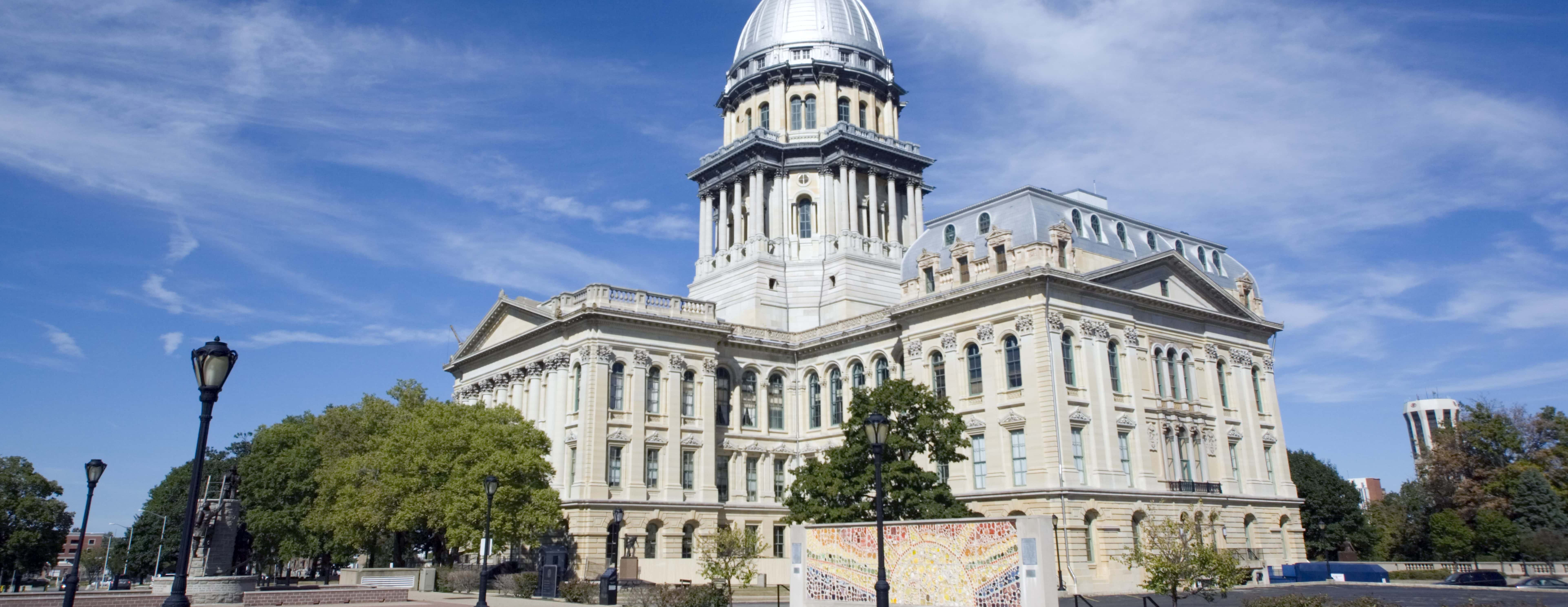
S[RINGFIELD, Ill. (IRN) — In the rush of legislation passed in the Illinois 101st General Assembly’s final hours, an ethics reform effort was put on hold.
Surprisingly, some advocates are relieved it stalled.
From its introduction, the ethics reform bill was steeped in irony; 87 pages of unvetted legislation inserted into a shell bill via a floor amendment in the middle of the night amid a flurry of other bills to be considered by a lame-duck Legislature.
Reform for Illinois, along with Change Illinois, the Better Government Association, and Common Cause Illinois, said in a joint statement that the matter flew in the face of transparency and did little to improve Illinois’ reputation for corruption.
“We understand this is how a lot of legislation proceeds in Springfield,” it read. “But the public was promised something different this time. However well-intentioned, measures presented through this rushed process do little to restore trust in government, which is the impetus for ethics reform in the first place.”
The advocates, who have been demanding meaningful change after it was discovered that the General Assembly’s self-policing mechanism was not only powerless but vacant and several state and local politicians had been ensnared in corruption investigations, said the changes were token in some aspects and damaging in others.
“We are thankful that it failed because, as we said in our statement, that it was a deeply-problematic bill,” said Alisa Kaplan, Executive Director of Reform for Illinois. “There was no real attention to solving conflicts of interest in the Legislature. There was no attention to ethics oversight of legislators.”
For all the language in the bill, Kaplan notes it never mentions the Illinois Legislative Inspector General. That’s the office responsible for investigating poor lawmaker conduct. It’s been seen as largely toothless and opaque via legislative requirements of confidentiality.
Advocates found another issue troubling that appeared to cap what transparency measures could be taken at a local level, something that would have actually watered down the City of Chicago’s ethics provisions.
“If state law is going to preempt what they’ve done, then they have to abide by the state law,” said Ryan Tolley, Policy Advisor for Change Illinois. “It’s one of those things where we’re fixing something that’s not broken.”
Steven Berlin, executive director of the City of Chicago Board of Ethics, is hopeful for collaboration on future ethics changes at the state level.
“We look forward to rolling up our sleeves and assisting in the legislative process in any way we can,” he said. “This is an opportunity to develop meaningful ethics laws.”
While the measure installed a cooling-off period for lawmakers and state staff before they could become lobbyists and influence their former colleagues, Tolley said the timeline was too short.
“That means a lawmaker could retire in May and lobby his or her colleagues the next January when they get back,” he said. “We need to look at lengthening it to a two-year process that at least allows for a new General Assembly to come in before a lawmaker is able to lobby former colleagues.”
Both Kaplan and Tolley echoed the release in saying the 102nd General Assembly should go back to the drawing board and craft meaningful legislation that follows the constitutional process of how a bill should become a law.
“As the 102nd General Assembly convenes, our organizations urge members to work on comprehensive ethics reform through an open, deliberative process that includes key stakeholders and advocates, a process which will produce a far better result for the people of Illinois. Let’s get to work.”
By COLE LAUTERBACH for the Illinois Radio Network
